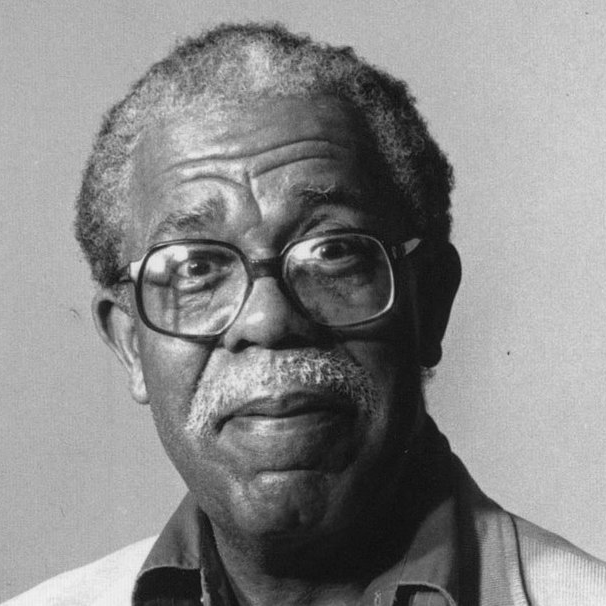“It seems to me,” said Booker T.,
“It shows a mighty lot of cheek
To study chemistry and Greek
When Mister Charlie needs a hand
To hoe the cotton on his land,
And when Miss Ann looks for a cook,
Why stick your nose inside a book?”
“I don’t agree,” said W.E.B.,
“If I should have the drive to seek
Knowledge of chemistry or Greek,
I’ll do it. Charles and Miss can look
Another place for hand or cook.
Some men rejoice in skill of hand,
And some in cultivating land,
But there are others who maintain
The right to cultivate the brain.”
“It seems to me,” said Booker T.,
“That all you folks have missed the boat
Who shout about the right to vote,
And spend vain days and sleepless nights
In uproar over civil rights.
Just keep your mouths shut, do not grouse,
But work, and save, and buy a house.”
“I don’t agree,” said W.E.B.,
“For what can property avail
If dignity and justice fail.
Unless you help to make the laws,
They’ll steal your house with trumped-up clause.
A rope’s as tight, a fire as hot,
No matter how much cash you’ve got.
Speak soft, and try your little plan,
But as for me, I’ll be a man.”
“It seems to me,” said Booker T.—
“I don’t agree,”
Said W.E.B.
Published:
1969
Length:
Regular
Literary Movements:
Black Arts Movement
Anthology Years:
2021
Themes:
Politics
Literary Devices:
Dialogue
conversation between two or more people as a feature of a book, play, or movie
End Rhyme
when a poem has lines ending with words that sound the same
Rhyme
correspondence of sound between words or the endings of words, especially when these are used at the ends of lines of poetry

